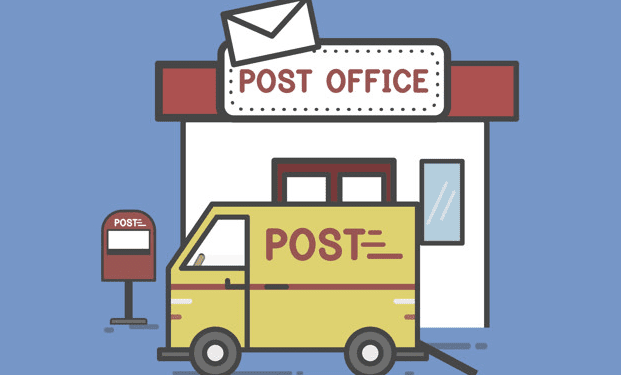Over 80 Million individuals received an Economic Impact Payment (EIP) on April 15th through ACH, and several million additional payments have been made since then though ACH direct deposit or check. Still, there remain several millions more who have not yet received a payment entitled to them by the CARES Act. American Banker notes that some in Congress believe that this can be solved by offering free, zero balance accounts to any individual, using the U.S. Postal Service as the supporting branch network.
The reason that EIP funds didn’t get to individuals is that Treasury’s Fiscal Services and the IRS do not have account credentials for everyone. It is not necessarily the case that individuals don’t have a checking account, a payroll card or a general purpose reloadable prepaid card. If government checking accounts were available to all, that doesn’t solve the issuer of populating the Treasury’s database of citizen’s account details.
The current outline for the “Post Office Account” includes a free, no-balance-required account with a debit card, mobile banking app, ATM access and bill pay services. What is unknown is which entity would bear the losses for operating such an account. I sure hope it’s not the Post Office.
Here is some of what the advocates for the government banking program had to say:
Sen. Sherrod Brown, the top Democrat on the Senate Banking Committee, has also recently introduced legislation that would offer every American a free FedAccount digital wallet available at post offices and community banks. The wallet would have no account fees or minimum balance requirements. Account holders would receive debit cards, online account access, automatic bill pay, mobile banking, and ATM access.
“At the height of this pandemic we must do more to protect the financial well-being of hardworking Americans and consumers,” Brown said when he announced the legislation in March. “My legislation would allow every American to set up a free bank account so they don’t have to rely on expensive check cashers to access their hard-earned money,”
Advocates for postal banking say that it would better serve consumers who live in banking deserts.
“Part of the post office argument, the benefit of it is that in a lot of small, rural areas, where you might not have branch banking, you probably have a post office,” said a financial services lobbyist who spoke on the condition of anonymity. “It’s one of the few things that stays open in a lot of really small communities.”
Overview provided by Sarah Grotta, Director, Debit and Alternative Products Advisory Service at Mercator Advisory Group.











